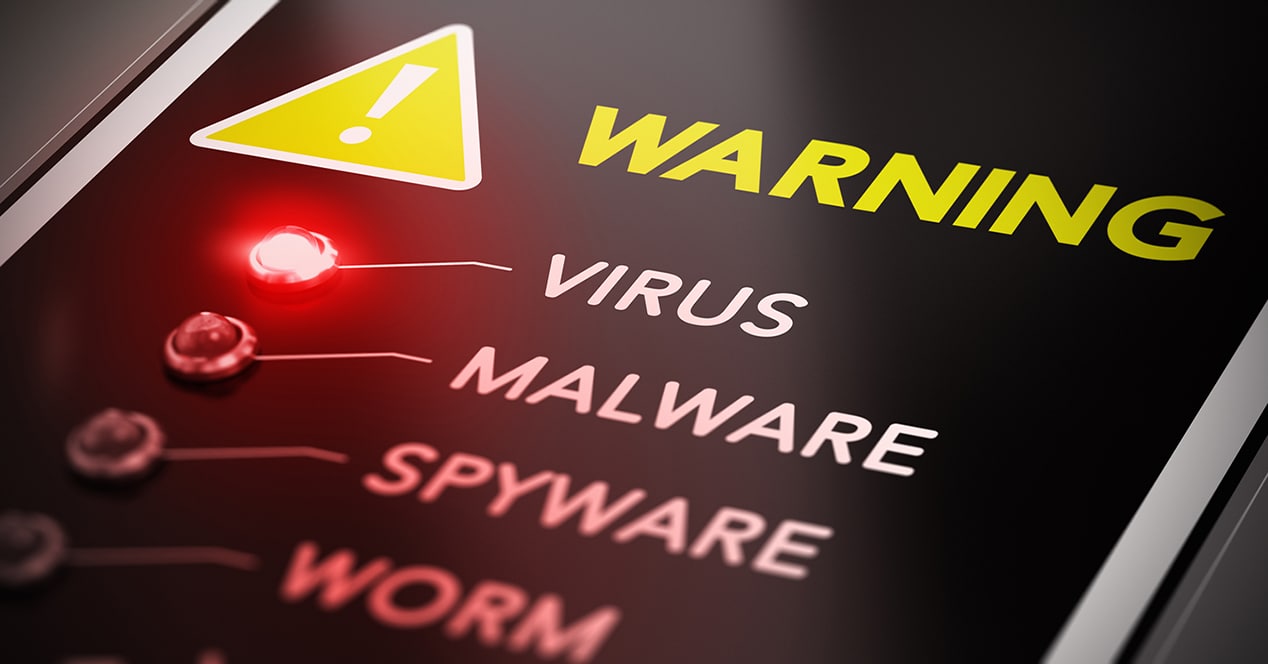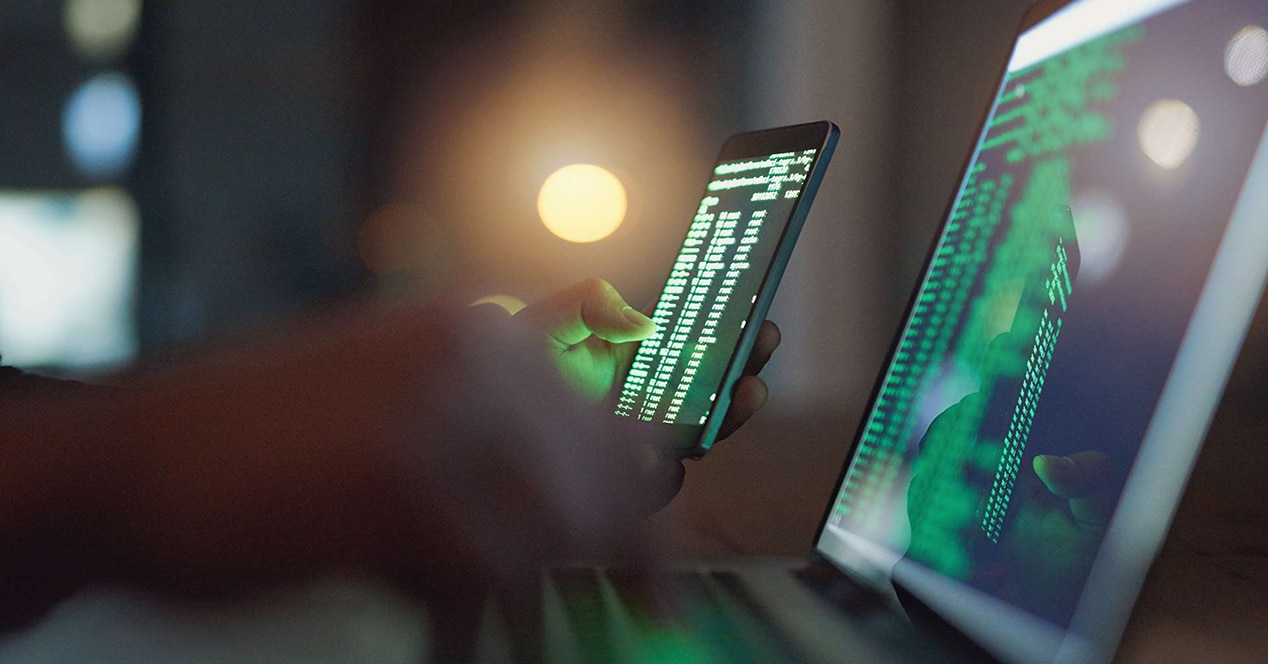
La privacy doesn't seem supported with the current software and services, according to the latest scandals that have come to the fore, such as those of Facebook. And worst of all, mobile devices have made it possible for us to have these services and software always on top of, or close by. Both when you go for a walk, when you go to a local, when you go to a demonstration, when you travel somewhere in the world, and even when you sleep, you have it close by on the nightstand. For this reason, they have become the best tool to attack privacy, either directly to obtain user data or by selling the data to third parties to obtain money in return.
Applications that respect your privacy

All the less invasive everyday applications with your privacy are:
Protonmail

It is an app created by CERN, a great substitute for GMAIL and whose base is in Switzerland, so user privacy laws are more robust than in other countries. Furthermore, ProtonMail itself is designed to be an email that respects your privacy. And you can use it for free, although it has a payment method to get extra functions if you need them. For example, by paying you can customize the domain for the email address or you will have access to more storage.
DuckDuckGo

Google is undoubtedly the best search engine that exists, that is clear, it is not debatable. But it is also true that it is the most invasive with your privacy, just like others like Bing, Yandex, or Yahoo. For this reason, it is best to opt for a search engine designed to improve privacy and anonymity when you browse, and that is is Duck Duck Go. With this app you will be able to search for everything you need in a very similar way to how you would do it in Google.
Threema

Threema is also based in Switzerland, and has been used by the swiss army as a private instant messaging app or by some governments. It is open source and is designed to respect your privacy and be as secure as possible with its encryption and no tracking. That gives you a lot of confidence to be able to communicate without thinking that someone or some company may be gossiping about what you do.
Keepass

Finally, if you are looking for a secure password manager, that's KeePass, which is not only among the best, it's also open source, free, cross-platform, and not cloud-bound like some others. That is, your passwords will be stored in an encrypted database, but locally, nothing to send it to remote servers.
The apps, the new threats

There is not only one security problem in some systems and apps vulnerable to malware, such as spyware, which acts as a spy on the user. There are also trackers or permissions in the apps that we accept to use them and that are collecting data 24/7 to send to the company that develops the app or service or for them to sell it to a third party. In addition, mobile phones have become a big problem as they are always with us, so the tracking of what we do is total. And the worst of all is that much of this data is stored on servers and is not deleted for years.
This is a threat if it falls in bad hands, since the data that can be obtained ranges from political ideologies according to the likes or comments on your social networks, or your followers, to your sexual orientation with dating apps, going through your tastes and preferences, medical data such as your heart rate, state of health, state of nervousness, etc. And all of this data is not just being sold for others to take advantage of, it's done with your consent, as you agree to this when you agree to the license agreements. The big companies use the fact that if you don't accept, you can't use the service and finally everyone ends up accepting yes or yes as a way of blackmailing users.
For example, what would happen if your sexual preferences fell into the hands of a government where being homosexual is a crime or is even punishable by death? What would happen if a government with bad intentions wanted to know who is for or against them? The truth is that the dangers are many. and of great depth, but there is something that can be done, and that is to control the permissions of the apps and choose those that are less invasive.
App and privacy: can you use an app without data being stolen?

The answer to this question is somewhat complicated, but there are things that can be done to at least minimize the impact of using apps. To do this, you should take into account the following tips:
- Awards: It is important that you go to Settings> Applications> Permissions and from there manage the permissions of the apps. Here common sense acts. For example, if an app is a flashlight app, it should only have access to the camera to use the camera flash. However, if you see that it asks for location permissions, access to the microphone, your files or your contact list, then you should be suspicious. You can deactivate the permissions that you do not see as logical for an app and leave only the essential ones. However, the best option would be to download an alternative app that does the same thing, but requires as little or no permissions as possible. You can also read in the description of the app, in the security section, on Google Play, if the app uses any user data or not.
- VPN: with a virtual private network you can also protect your privacy and anonymity, since you get another IP different from yours and all the data will be encrypted. Therefore, even if third parties access your data, they will not be able to use it as they do not have the key to decrypt it. Therefore, a VPN is a very powerful tool when it comes to keeping your data safe or for telecommuting.
- offline vs online: Another good idea is to always work offline or look for apps that do not need a connection to work. This also improves privacy, since when you are not using the networks you can disconnect them and work safely without suspecting that you are sending data to remote servers for processing.
If you apply all three points at once, the result will be much better. That is, they are not points that are at odds with each other. Now you know how to protect yourself a little better and how to preserve your privacy or minimize the impact of these hidden services on apps and systems.